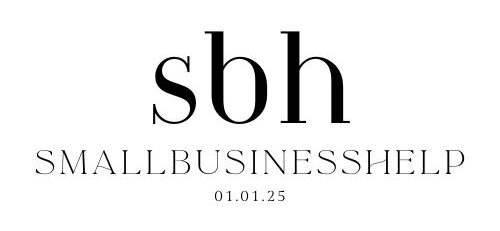Funding your business: Overview
Funding your small business
This page offers a comprehensive overview of funding opportunities for small and medium-sized enterprises (SMEs) in South Africa, primarily focusing on government initiatives and agencies such as SEDFA, the NEF, the IDC, and the NYDA. It details various types of financial support available, including grants, loans, equity funding, and incentives, often with a specific emphasis on supporting black entrepreneurs, youth, and women. Furthermore, the page provides guidance on the application process, necessary documentation, and strategies for securing funding, alongside highlighting common mistakes to avoid.
Sources of finance
Small businesses in South Africa have multiple funding options, including government grants and loans, private investors, fintech lenders, and traditional banks. Key government agencies like SEDA, NYDA, and DTI offer financial support, while sector-specific funds, such as the Green Fund and Tourism Transformation Fund, provide targeted assistance. Private investment options include angel investors like Jozi Angels, venture capital firms such as Newtown Partners, and crowdfunding platforms like StartMe. Fintech companies, including Lulalend and Retail Capital, offer quick-access funding, while banks and private equity firms like Business Partners Limited and Sasfin provide more traditional financing. Specialised initiatives like Khula Enterprise Finance facilitate SME bank loans, the NEF supports black-owned businesses, and the IDC funds large-scale industrial projects. Businesses should consult these organisations for specific funding advice.
Starting a business with little money
If you’re in South Africa and looking to start or grow a business—especially on a tight budget—this page can help. It breaks down practical ways to get started with little or no money, like using your skills, offering services, and keeping costs low. You’ll also find information on different funding options available for small businesses and startups, including government grants, incentives, and loans, plus details on who qualifies and how to apply. Specific business ideas that require minimal investment are mentioned, particularly in township economies. You’ll also learn about smart money management strategies like bootstrapping, customer funding, and keeping your finances in check to build a sustainable business.

